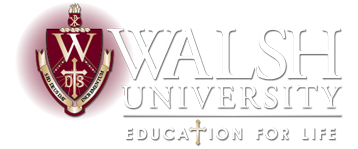Prerequisites courses taken at 4 year institutions (listed for science majors) are preferred. Listed below are descriptions for appropriate courses that will satisfy prerequisite requirements. Some variability is likely amongst institutions. Some exceptions and substitutions can be made on an individual basis. The goal is to have a majority of these topics covered in each of the course.
Anatomy and Physiology I & II: Structure and function of all relevant human body systems including: nervous, cardiovascular, respiratory, hematologic, musculoskeletal, gastrointestinal, genitourinary, reproductive, integumentary and immunologic. May require 4-8 semester hours dependent on if one course is comprehensive or if two sequential courses (A&P I & A&P II) are taken to satisfy this requirement. Animal physiology is NOT acceptable.
Psychology 200 or 300 level course (for developmental psychology requirement): Human development, lifespan issues focusing on growth and development including personality, language, cognition and intelligence.
Psychology 300 or 400 level course (for abnormal psychology requirement): Definition, assessment and diagnostic (DSM) categories of abnormal behavior and the characteristics, biopsychosocial explanations and treatments of major mental, emotional and behavioral disorders.
Statistics: Theory of probability and statistics including, frequency distribution, binomial distributions, normal distributions, means, variances, standard deviations, sampling, confidence limits and testing of hypotheses with a parametric and nonparametric analyses.
